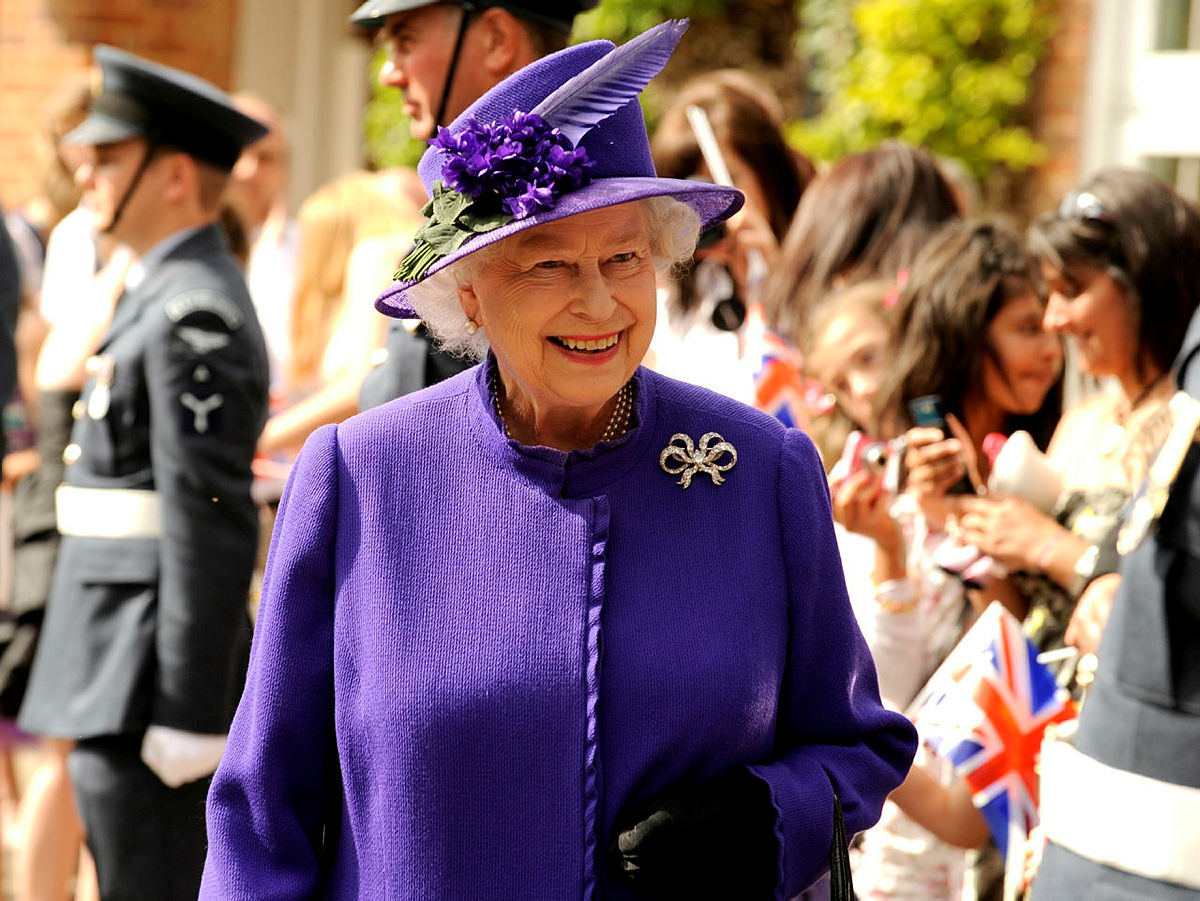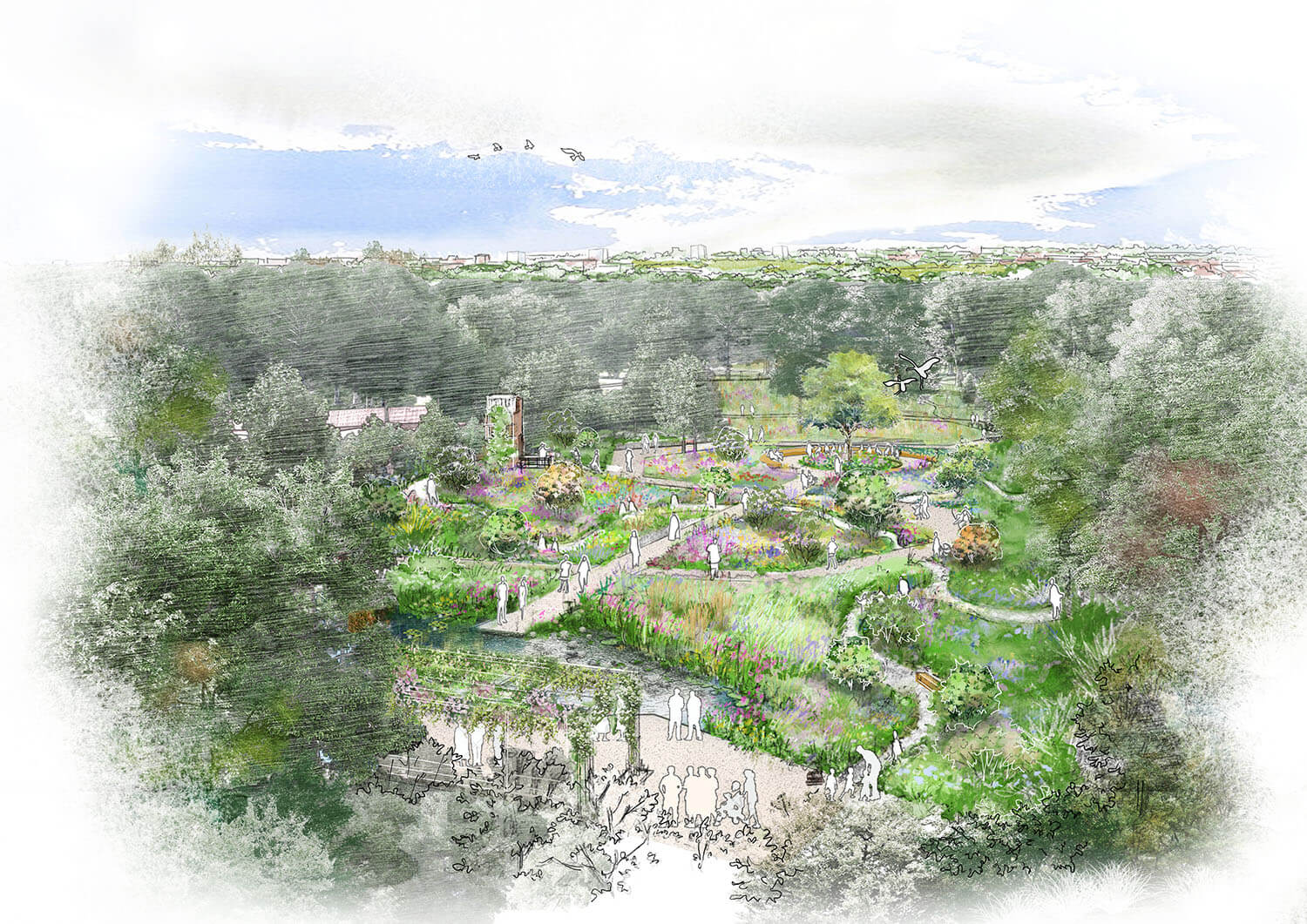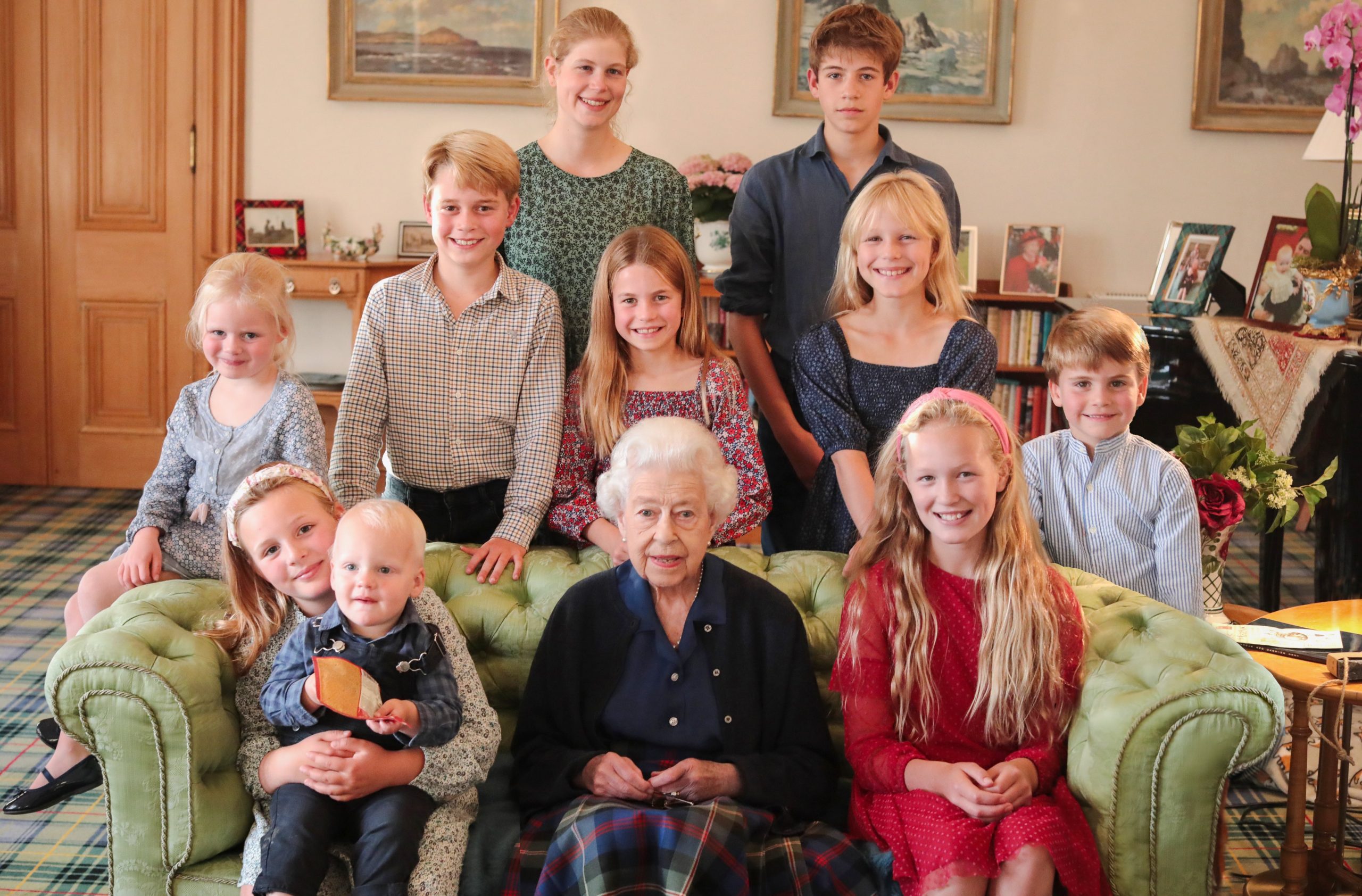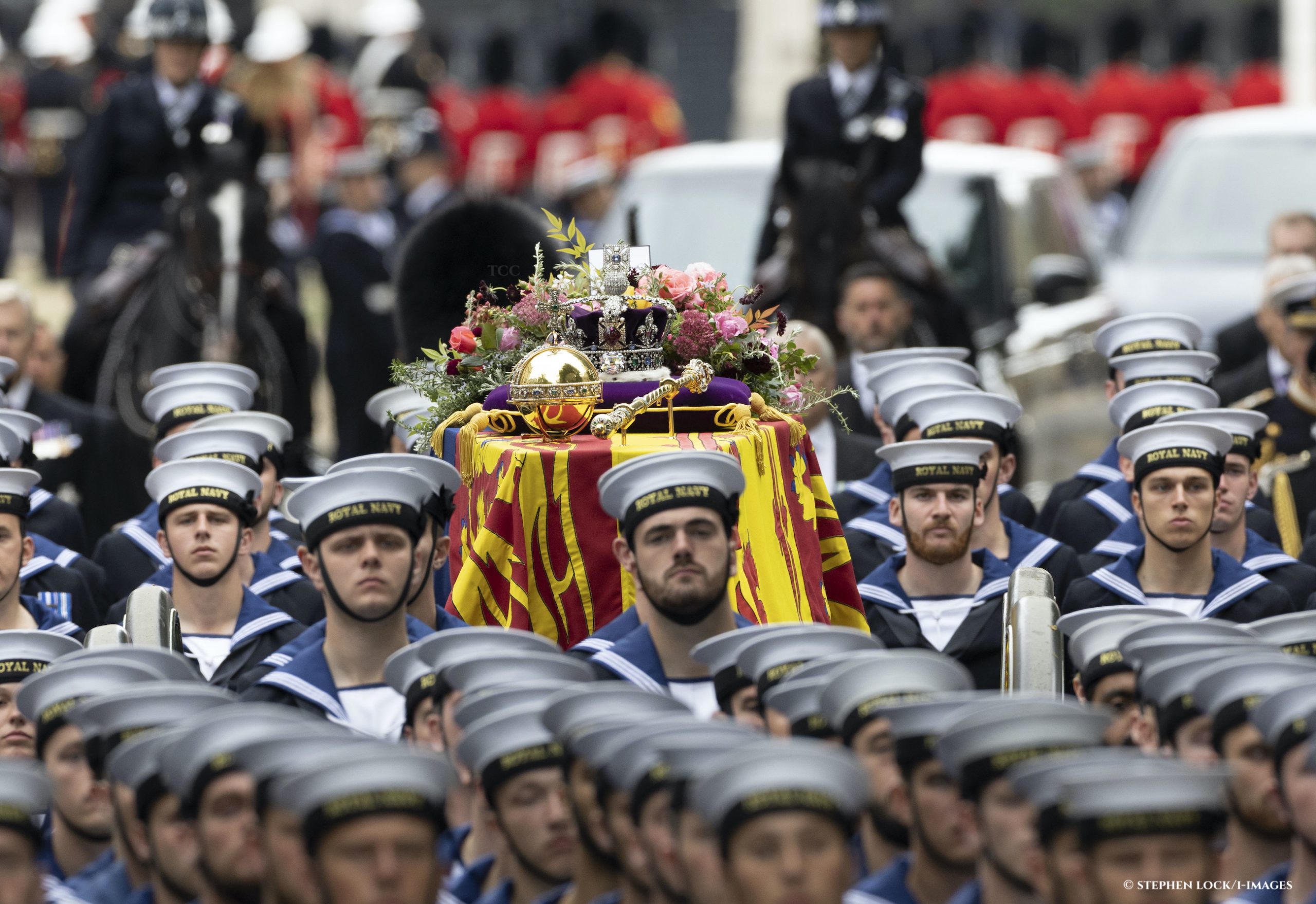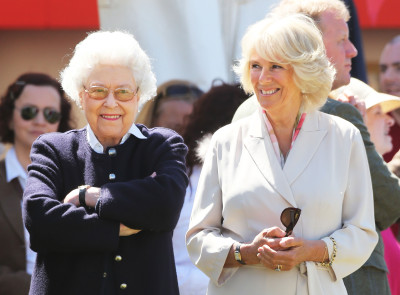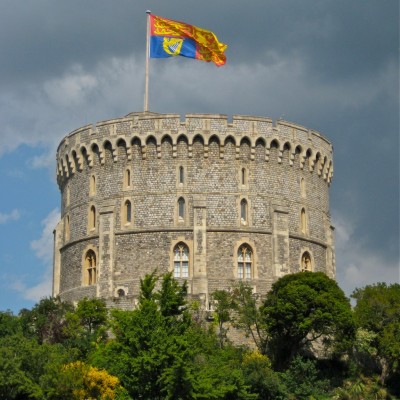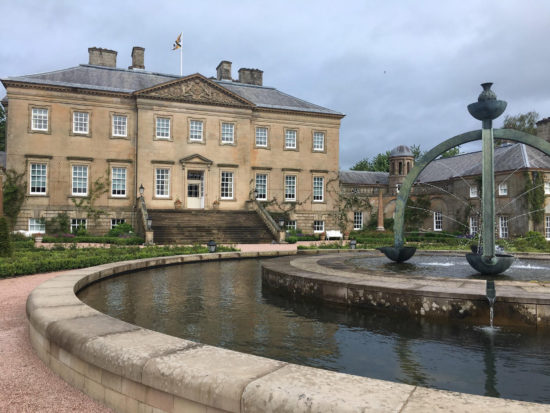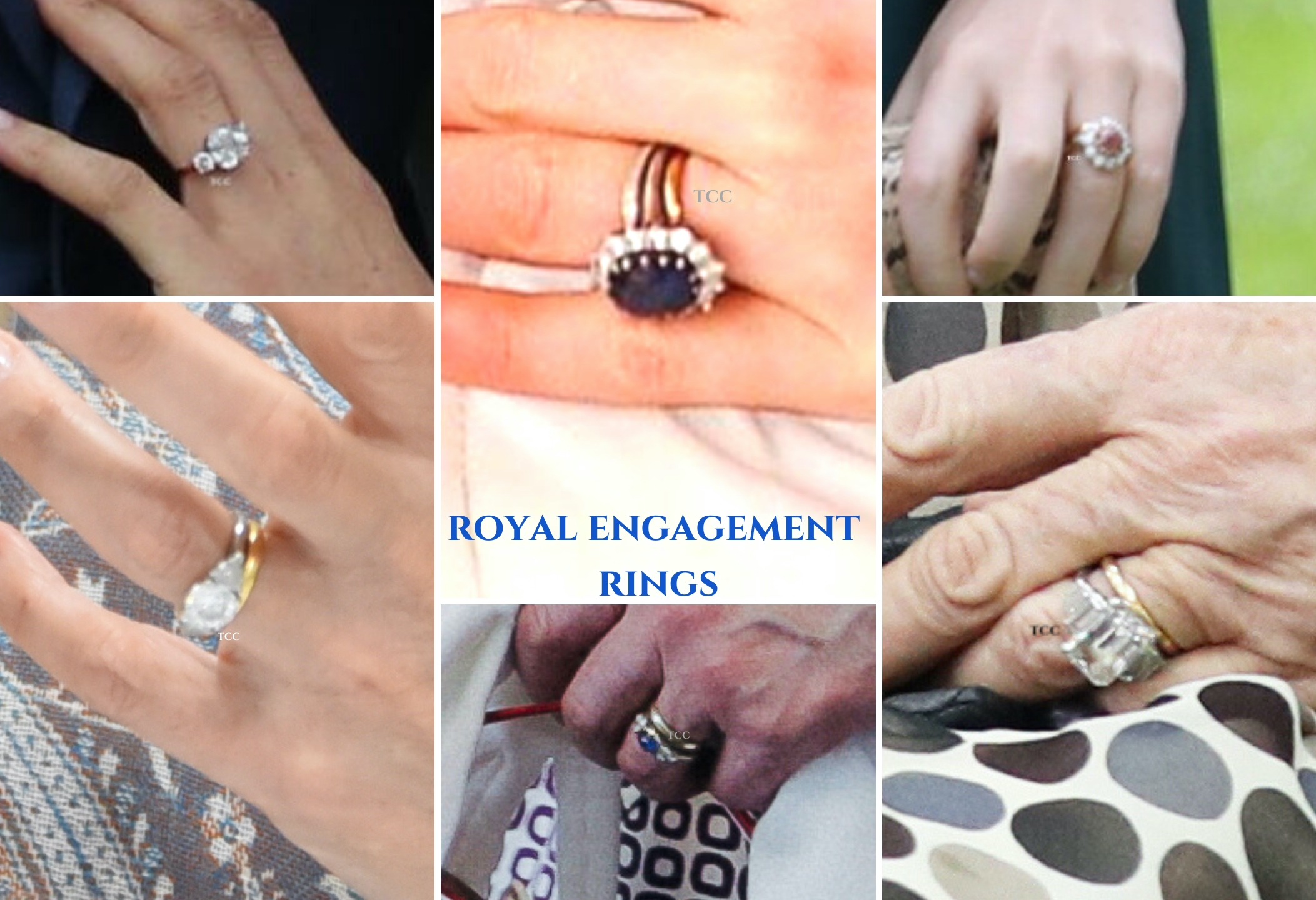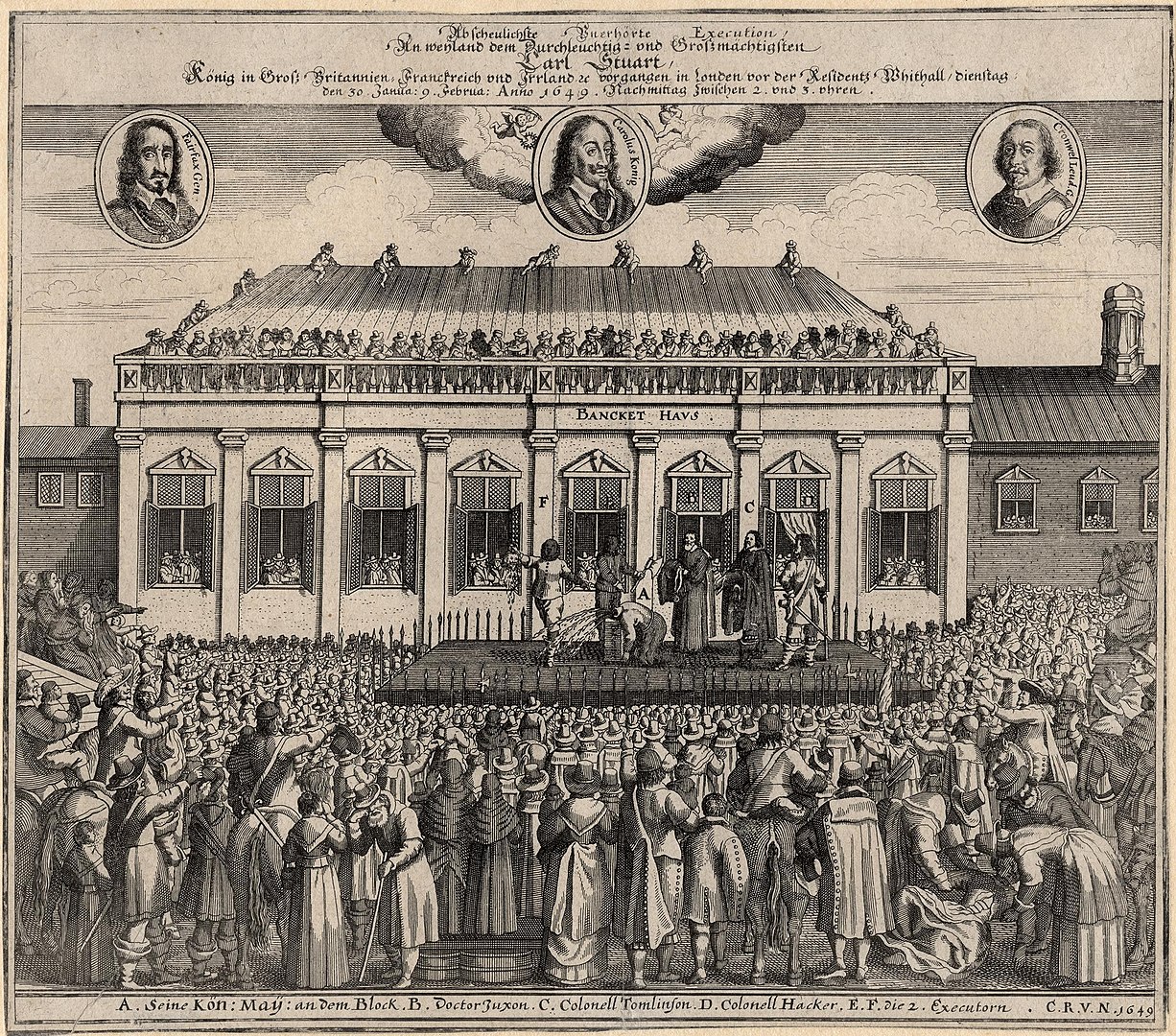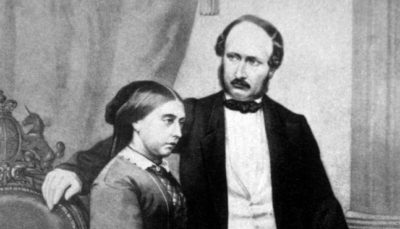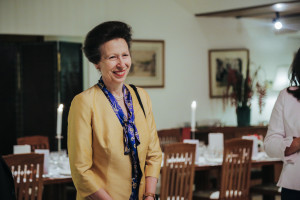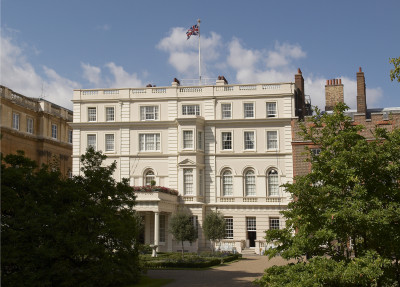UK-headquartered companies are not the only ones who are currently experiencing hurdles after the country’s decision to leave the European Union. The Queen, as well as Prince Charles, is facing massive losses on her estates because of Brexit.

Prince Charles and The Queen look set to face cuts due to Brexit. i-images
According to reports, the Crown Estate – owned, but not run by the reigning Monarch – will be losing a total of £1 million annually because of Brexit-related cuts. On the other hand, Prince Charles’ estates are also facing massive subsidy cuts, accumulating to about £100,000 a year.
Sandringham, Her Majesty’s country retreat in Norfolk, will also lose over £600,000 of funding annually when the subsidies for farming come to a halt. Farms near Windsor Castle, which benefit from the Common Agricultural Policy (CAP) payments, the European Union’s support system for rural agricultural businesses, will also receive less than £300,000 of funding.
Two years ago, the Crown Estate obtained £350,000 in grants, while the Sandringham Estate received over £660,000 from such programmes. The Royal Farms, meanwhile, were allotted £300,000, and the Duchy of Cornwall £130,000.
The Crown Estate’s profits form the basis of funding the official work of the Royal Family; 85% of profits go to the treasury, while the 15% to the palace purse. Read more about royal finance and how it works here.

Sandringham – like the Crown Estate and Duchy of Cornwall – will face cuts following Brexit, as EU funding for agriculture and farming stops (John Fielding)
It is estimated that billions of pounds worth of subsidies will end by 2019. The Brexit talks are set to take around two years to complete, in which the UK needs to plan for an independent future away from the EU.
“I don’t think it was a budget-busting concern, it wasn’t something people were losing sleep over,” said a source who was familiar with the budgets and funding associated with the royal estates. “But it was something people were conscious of as a post-referendum impact.”
“Subsidies are open to all farmers. And, like others with agricultural interests, subsidies are received on The Queen’s private estates,” said a spokesperson from Buckingham Palace. “We would not comment beyond the detail that is already in the public domain as a matter of record.”
Brexit
When voters decided to exit the EU on June 2016, it was assumed that it meant the UK would give up its membership. However, when the results were published and it was revealed that British citizens voted 52% leave and 48% remain, countless debates arose as to what exiting the EU would actually entail.
This has left many Brits unhappy with how the voting panned out, and all sides are actively engaged in negotiating the terms for the exit for the betterment of the country. FXCM stated that if a Soft Brexit were to happen, there would be a continuation of trade with EU-member states and immigration. Conversely, a Hard Brexit would mean a complete severance from the European Union. If a Hard Brexit happens and a UK-based company wants to trade with EU-member zones, the firm would need to pay higher tariffs. In addition, there would be stricter measures about what British companies can export to EU-member countries.
When UK-based voters were interviewed after the Brexit voting, a lot of the public said that they wanted tighter immigration laws, which many felt swung the vote to leave the EU. However, what the UK public wasn’t prepared for were the implications that Brexit would have on the country’s economy, including such farming and agricultural impacts.

